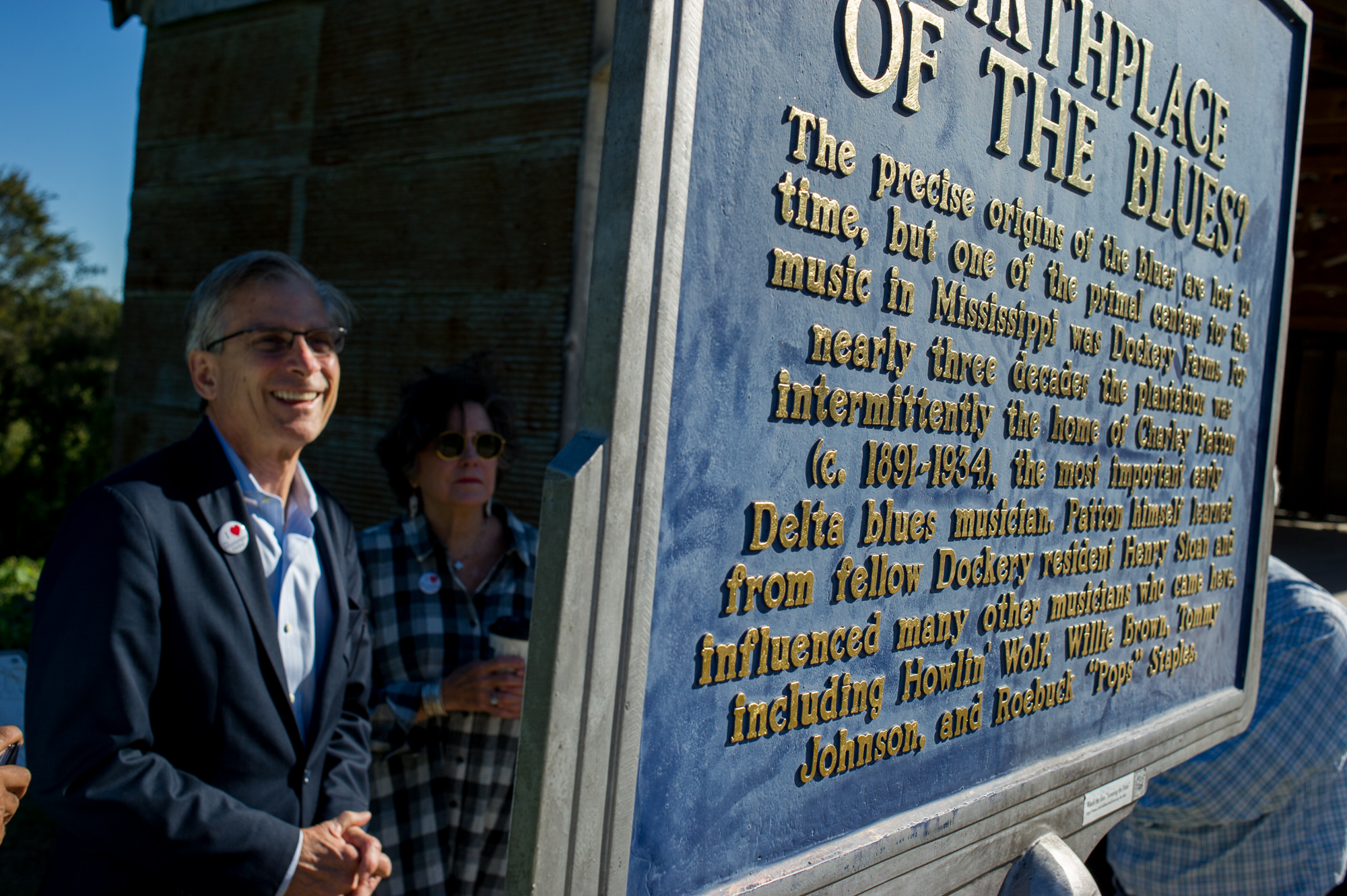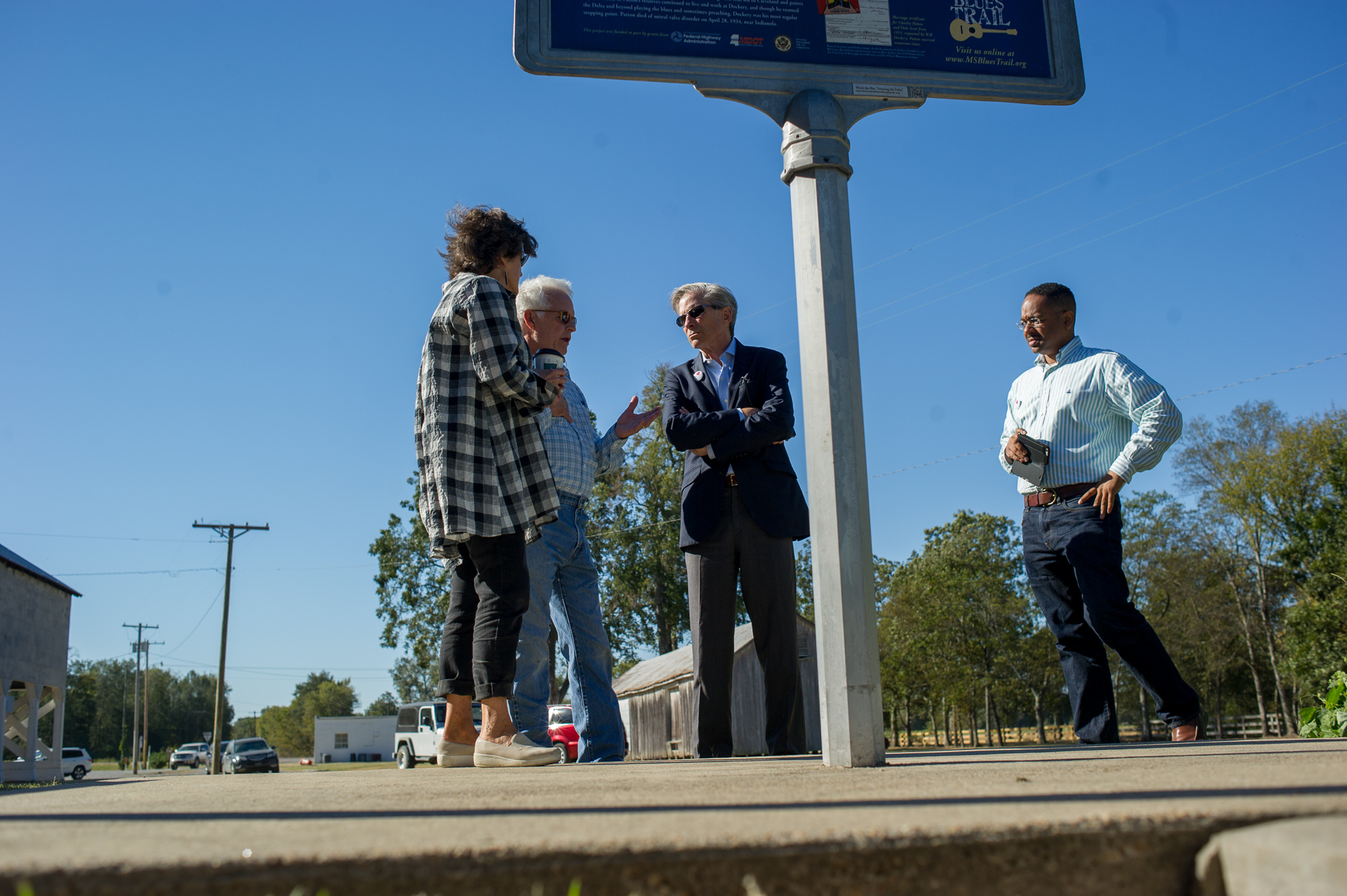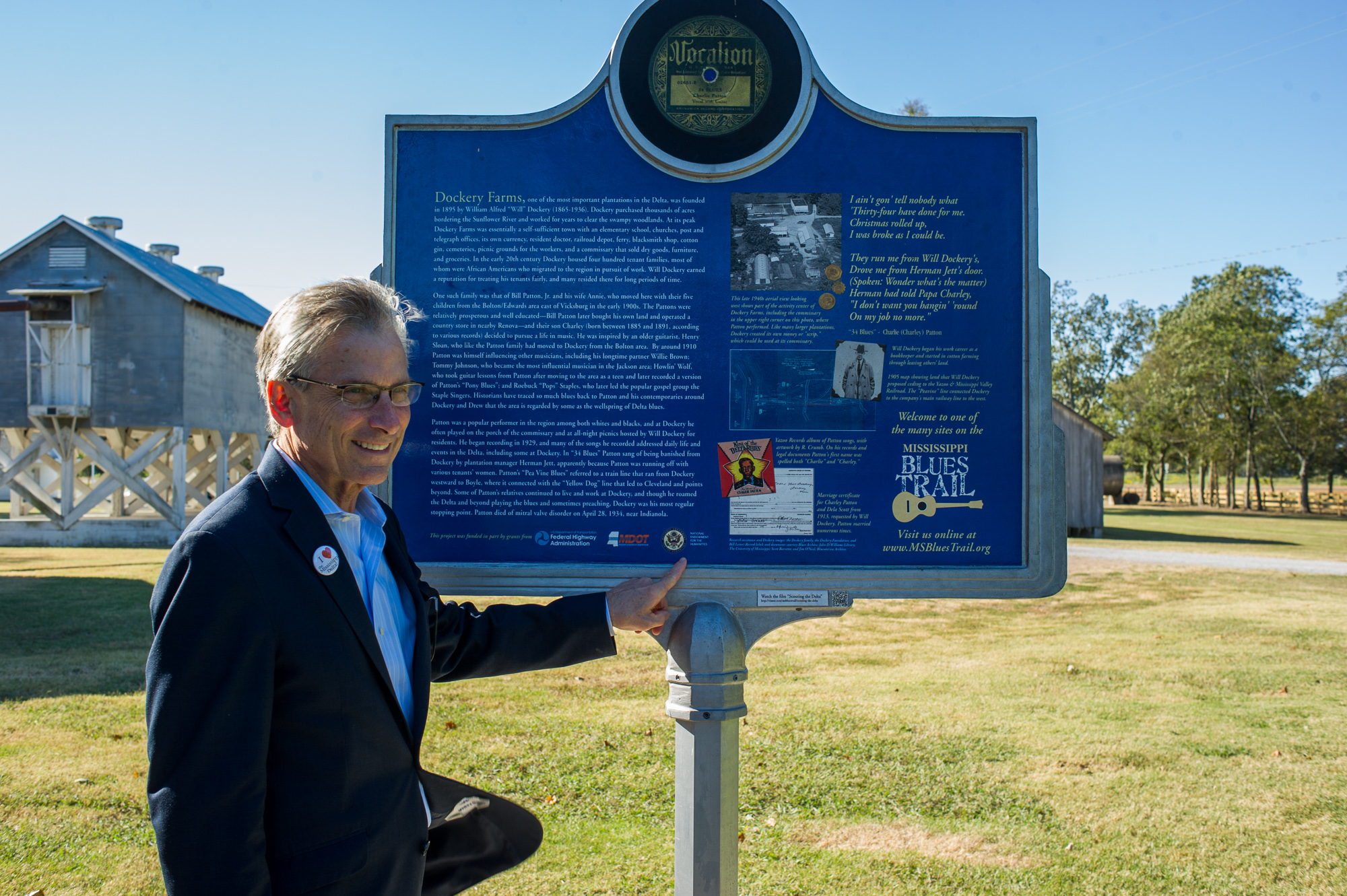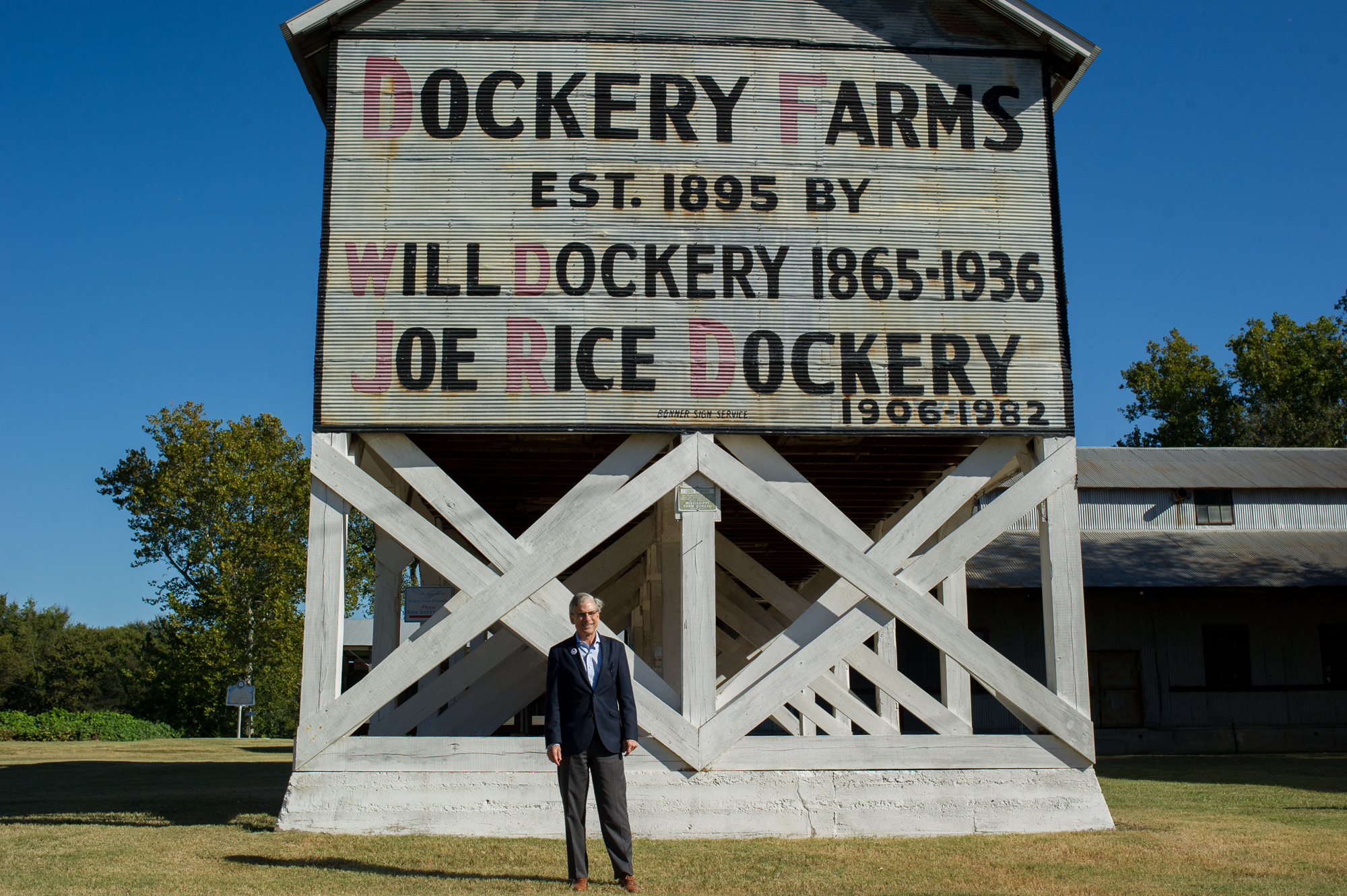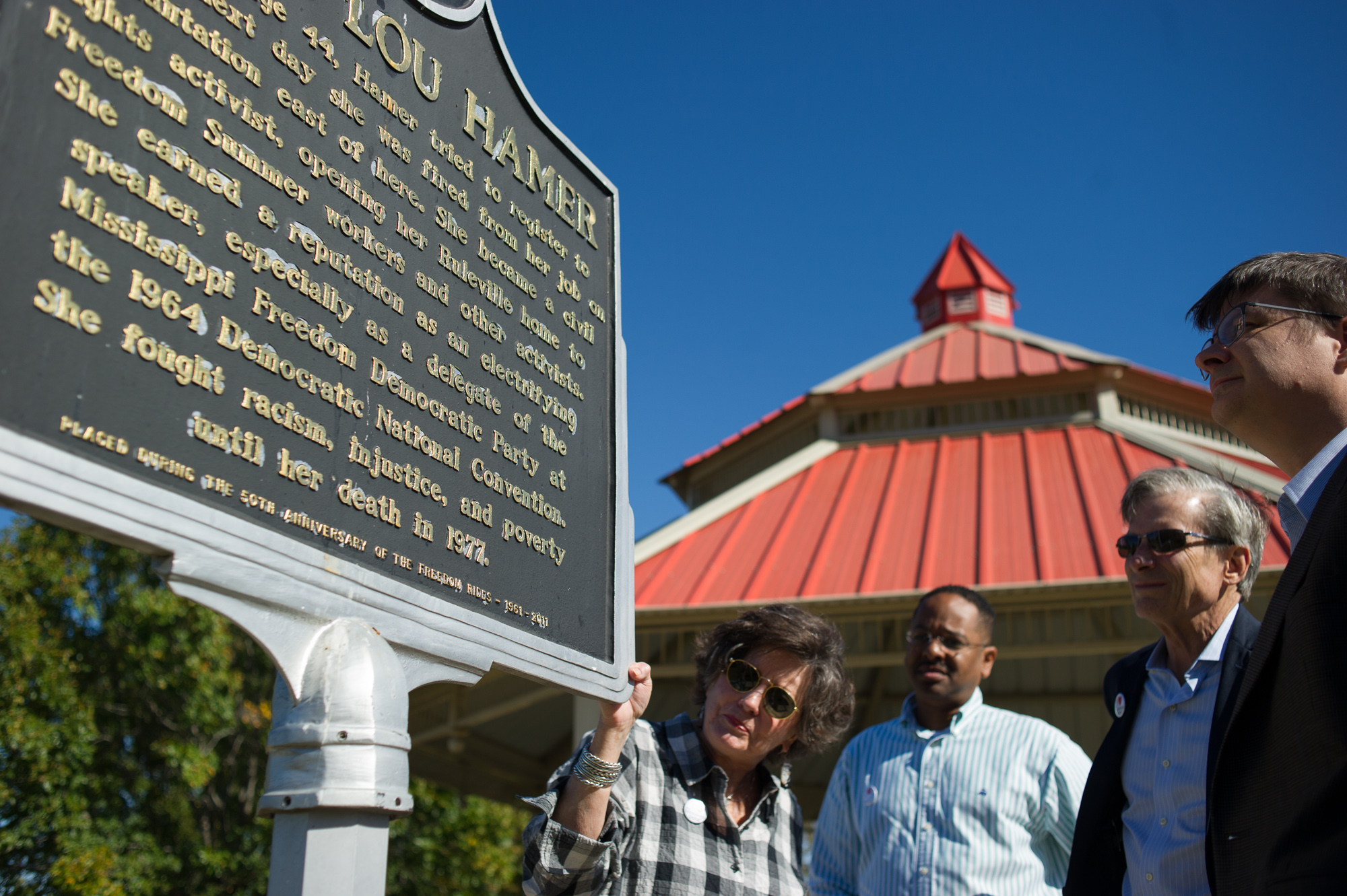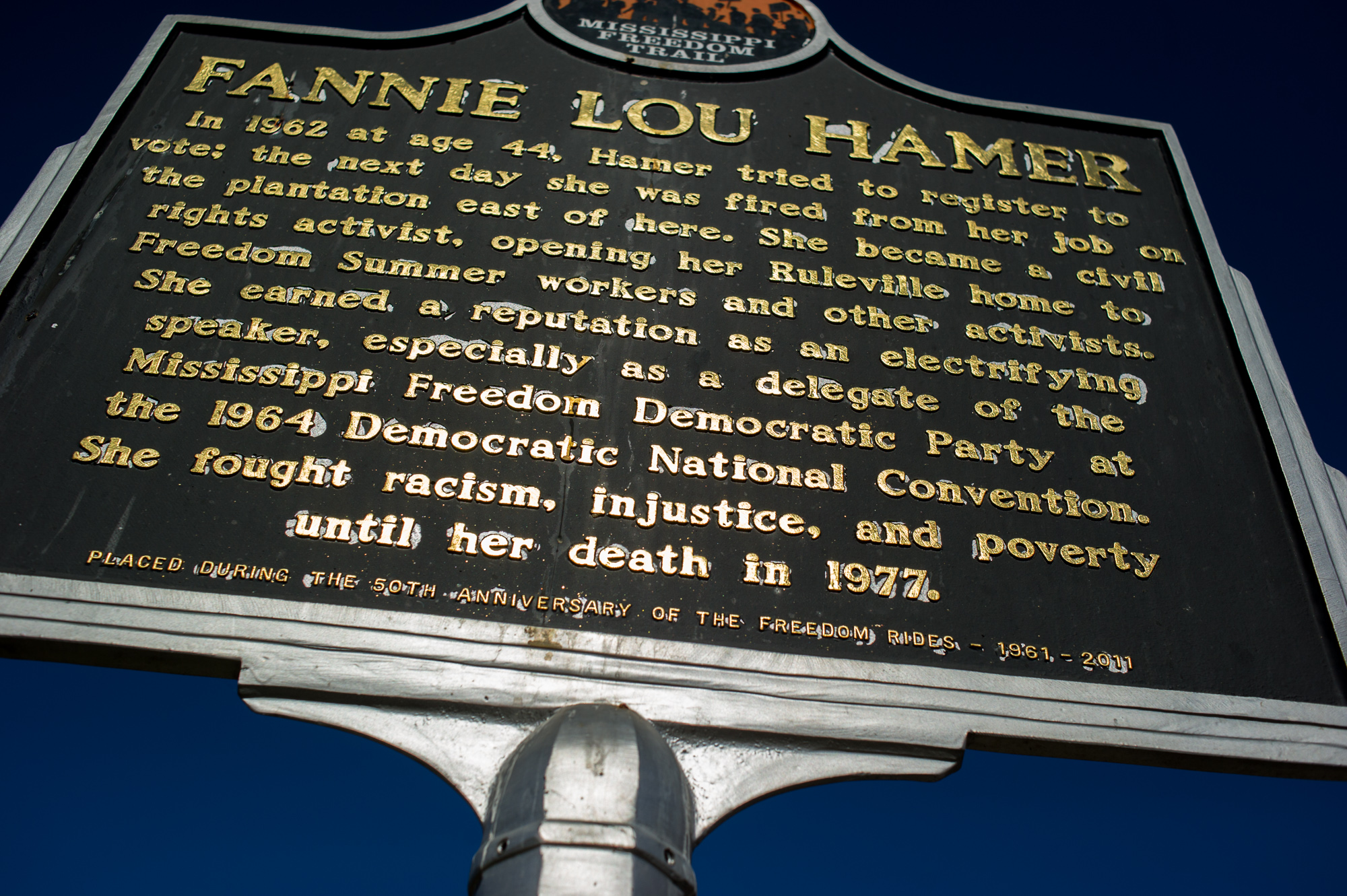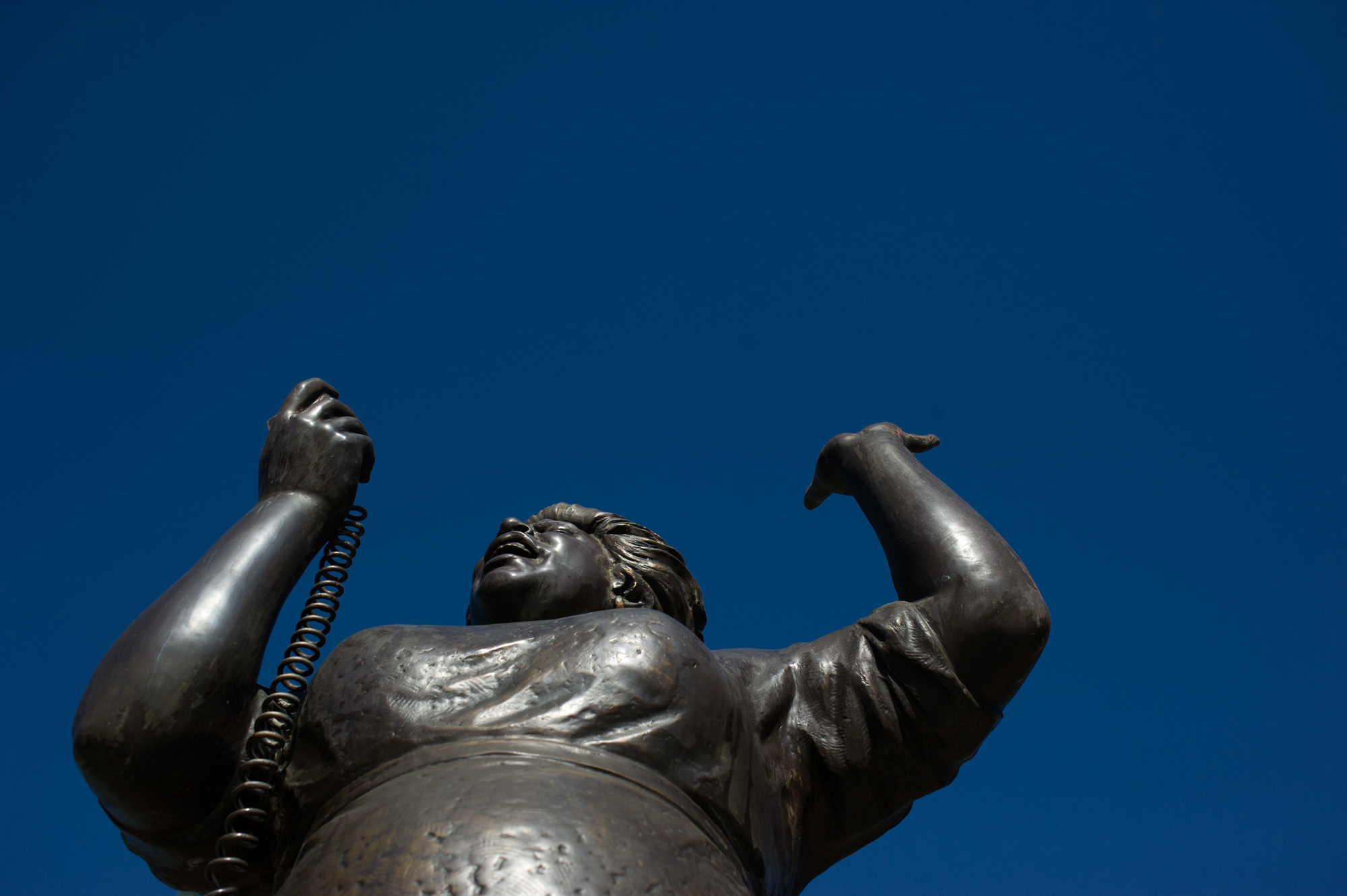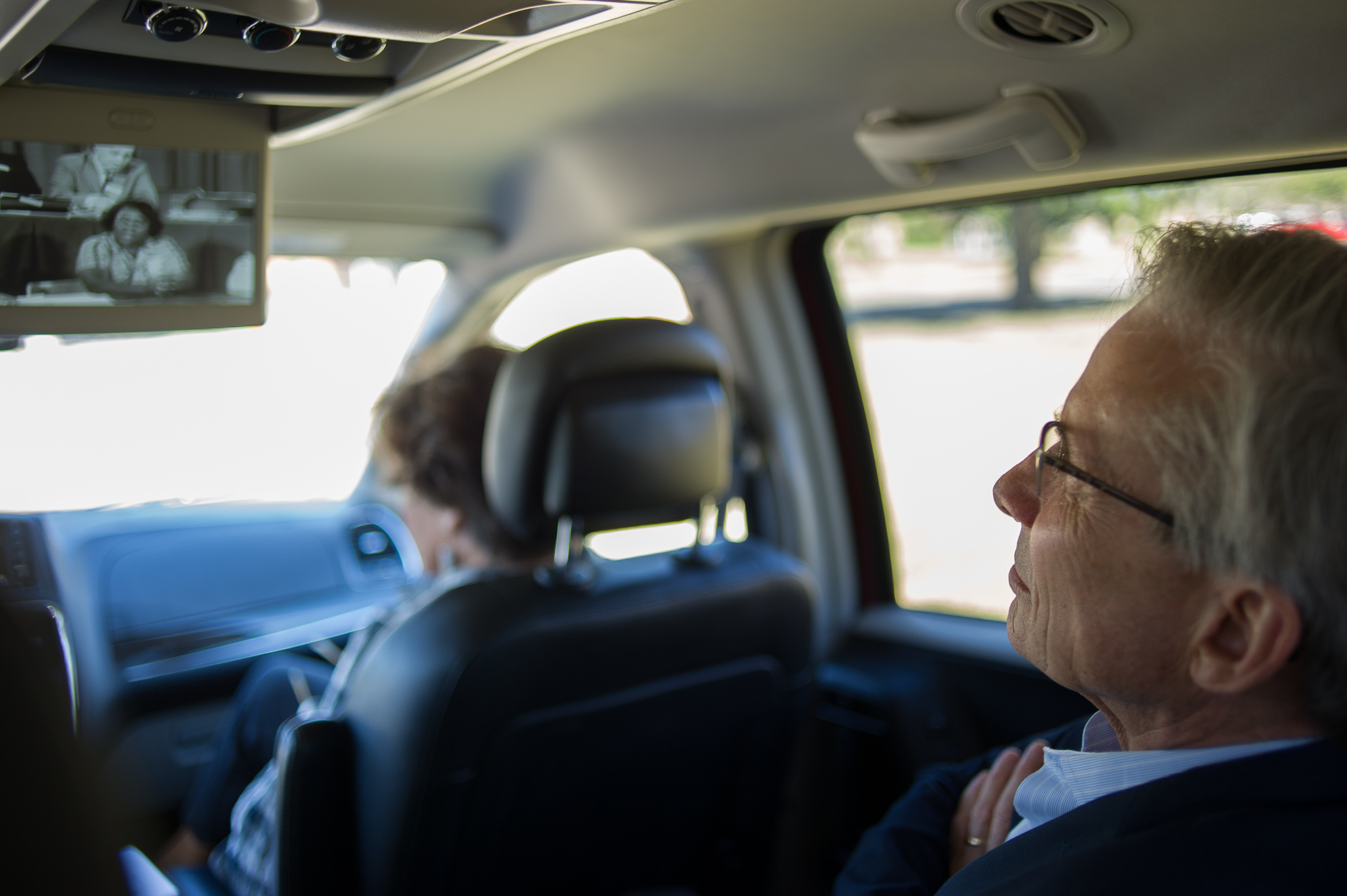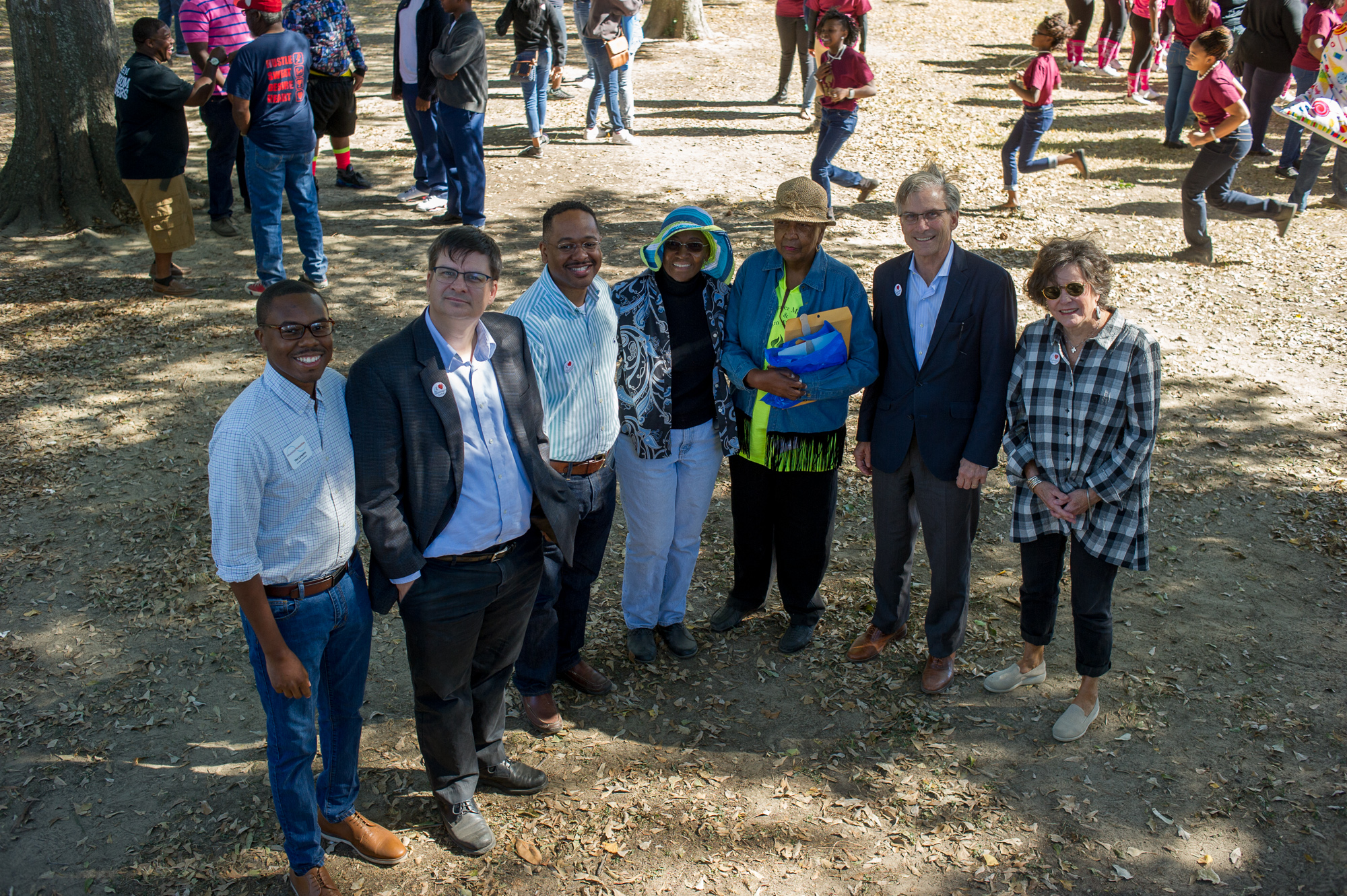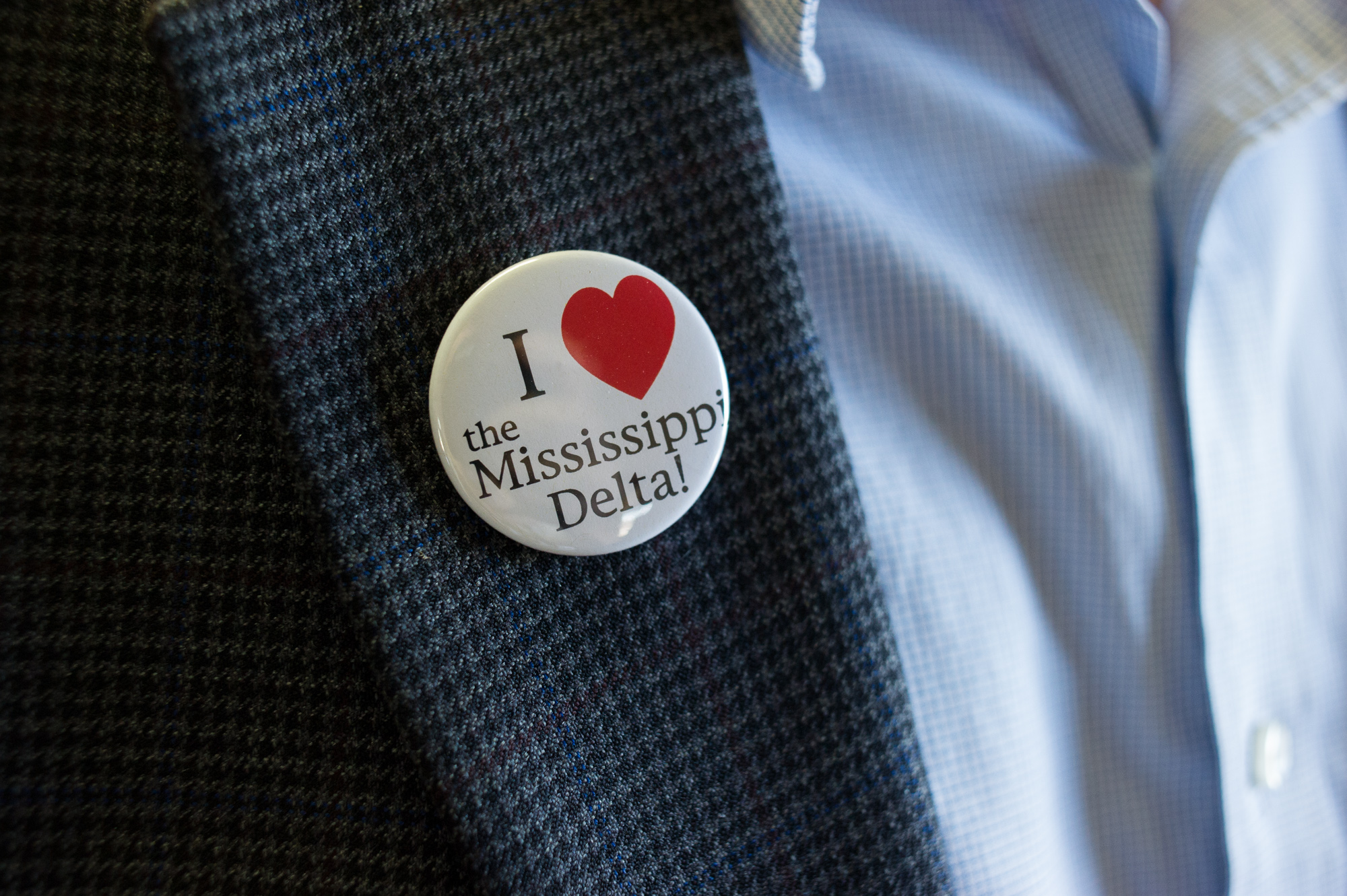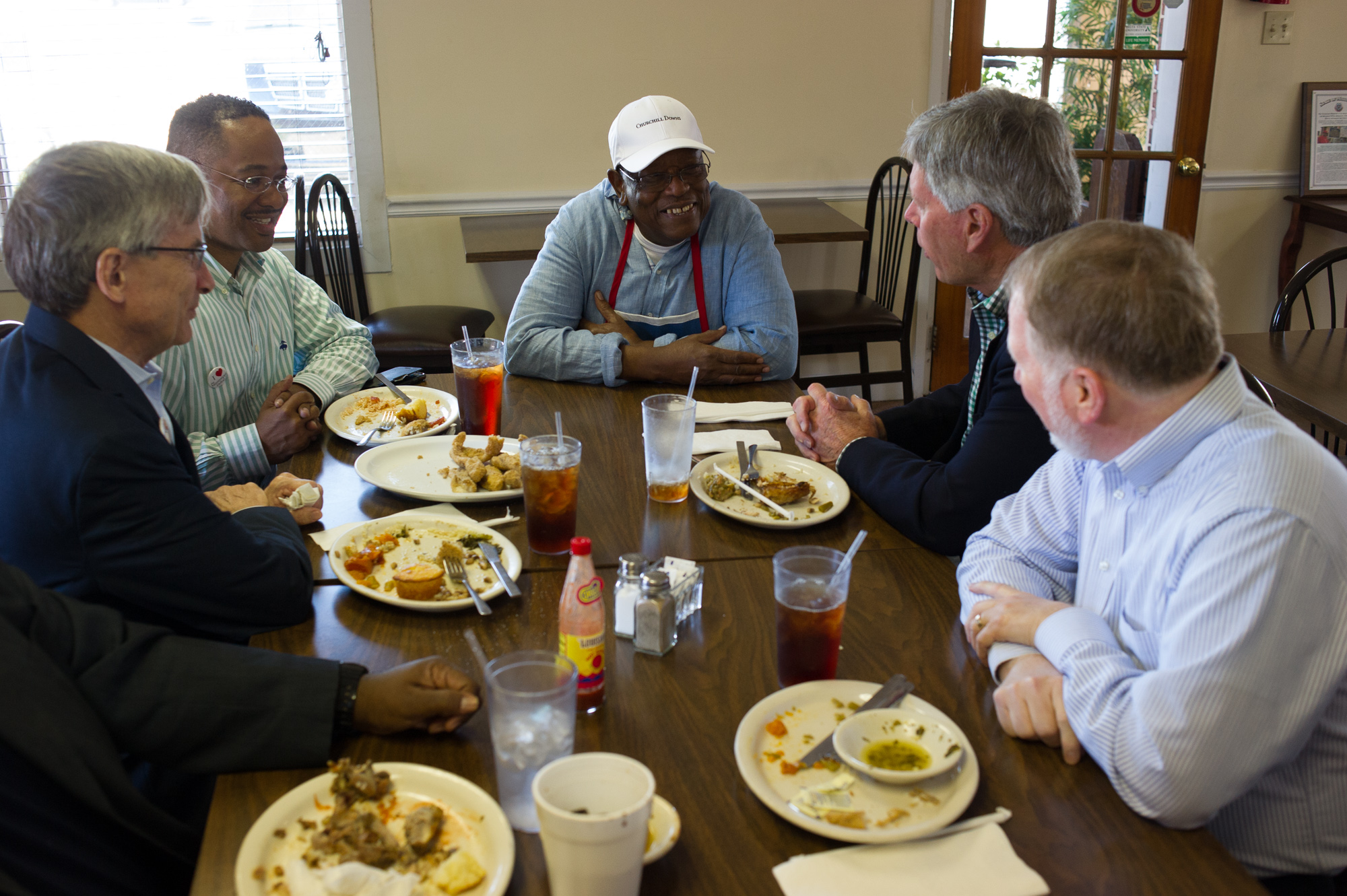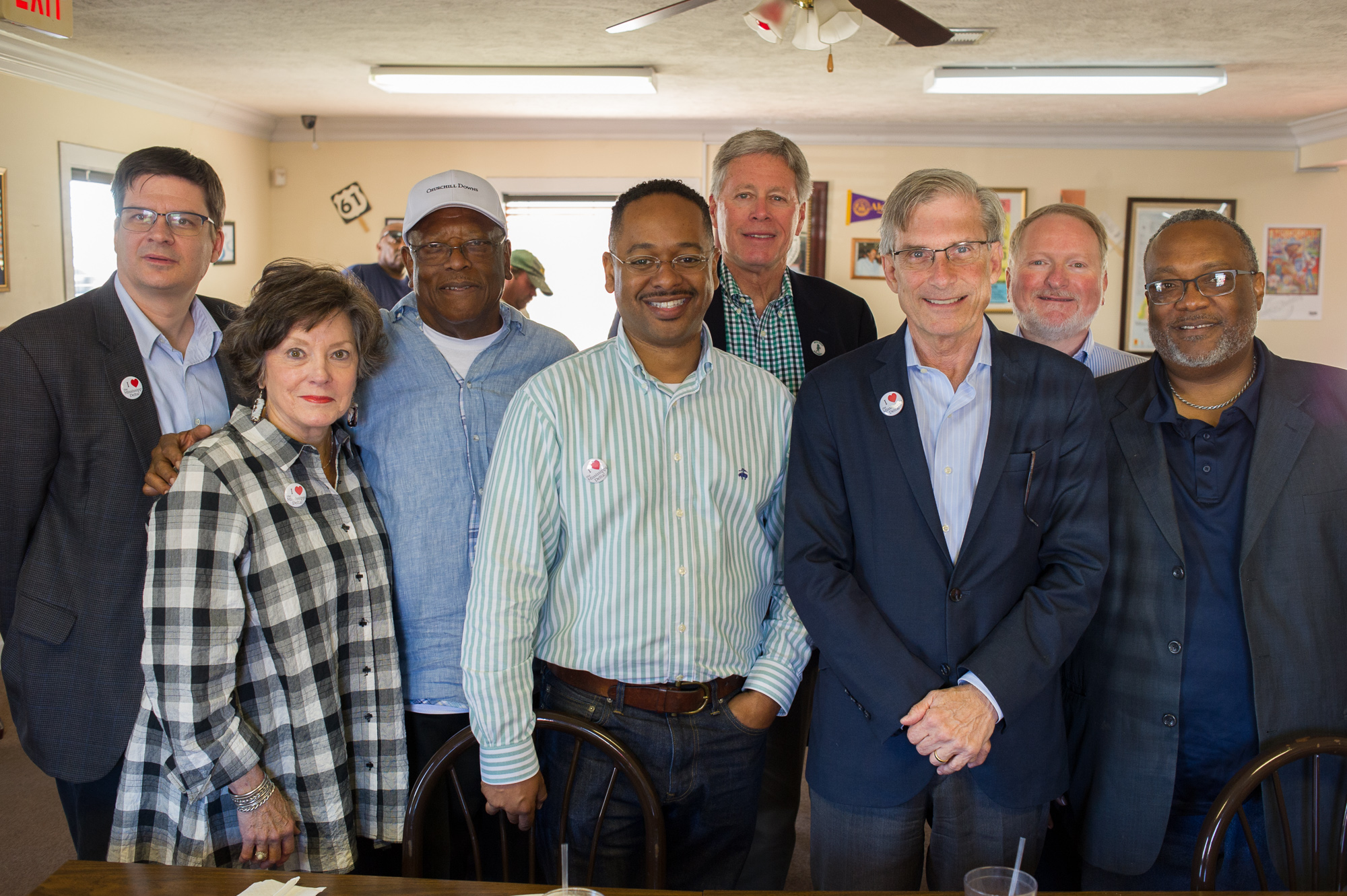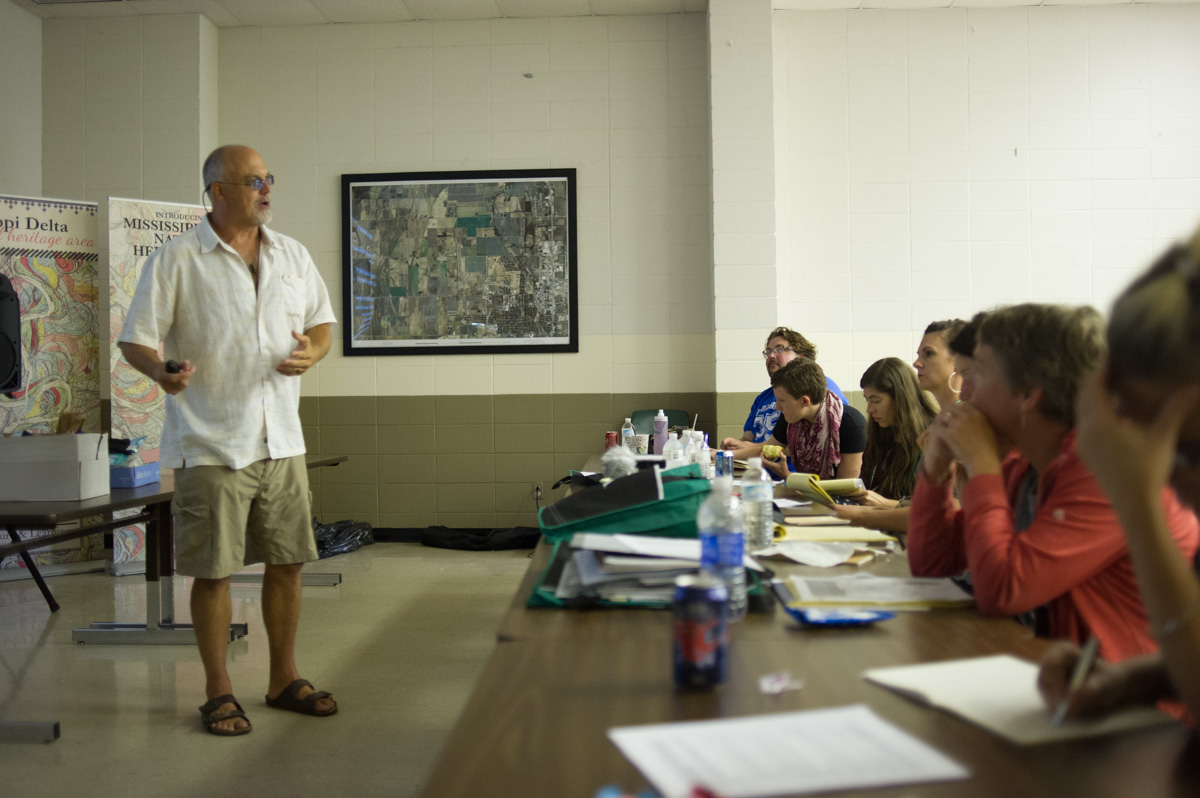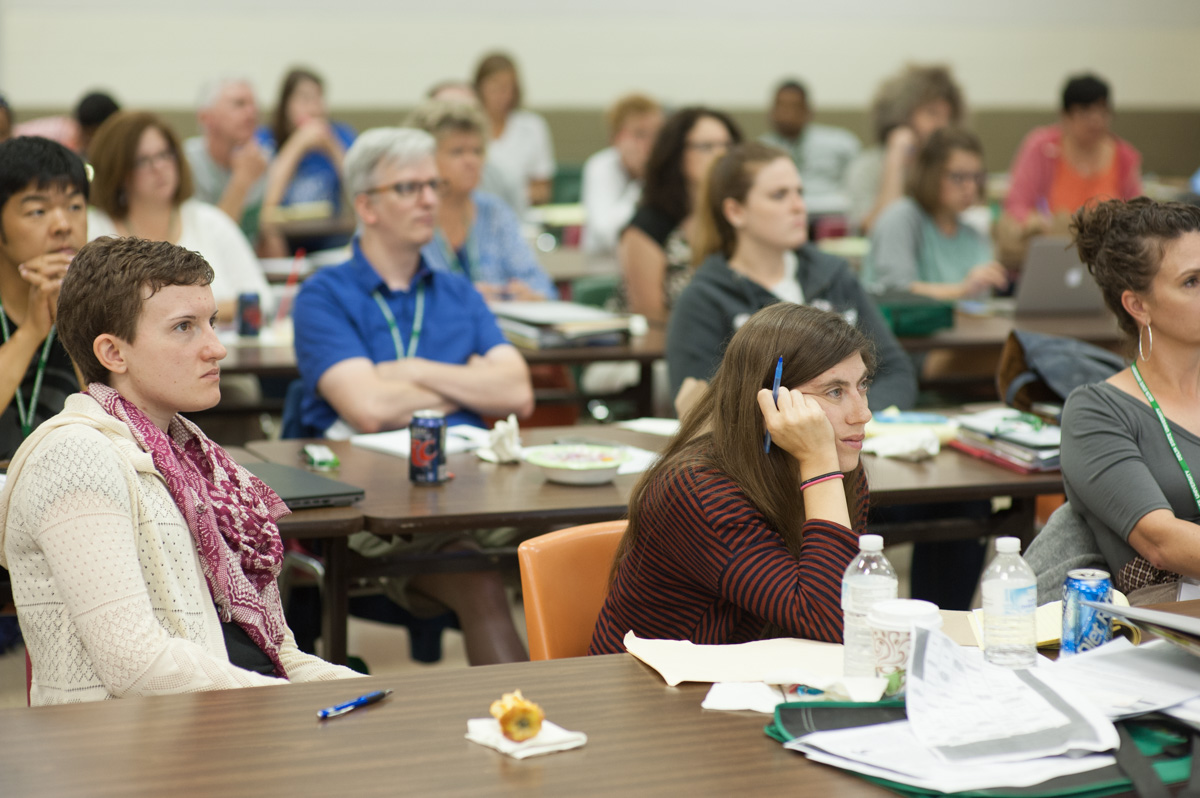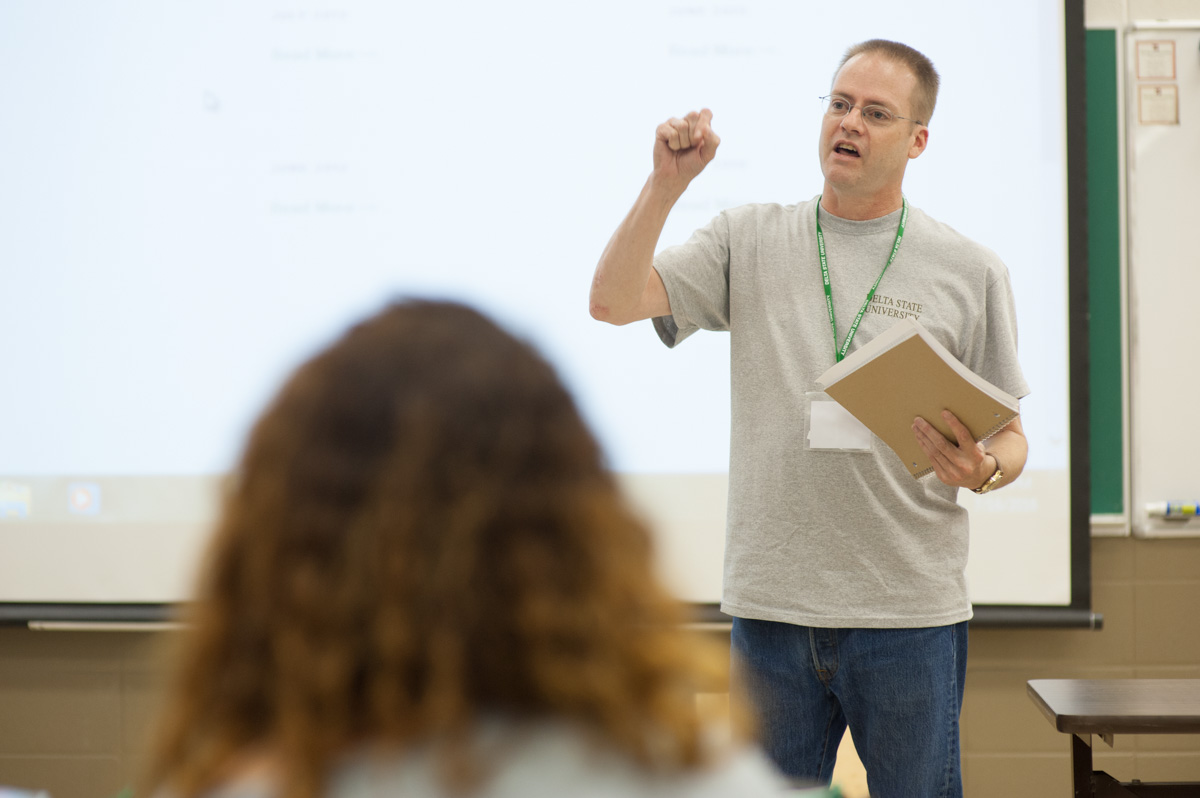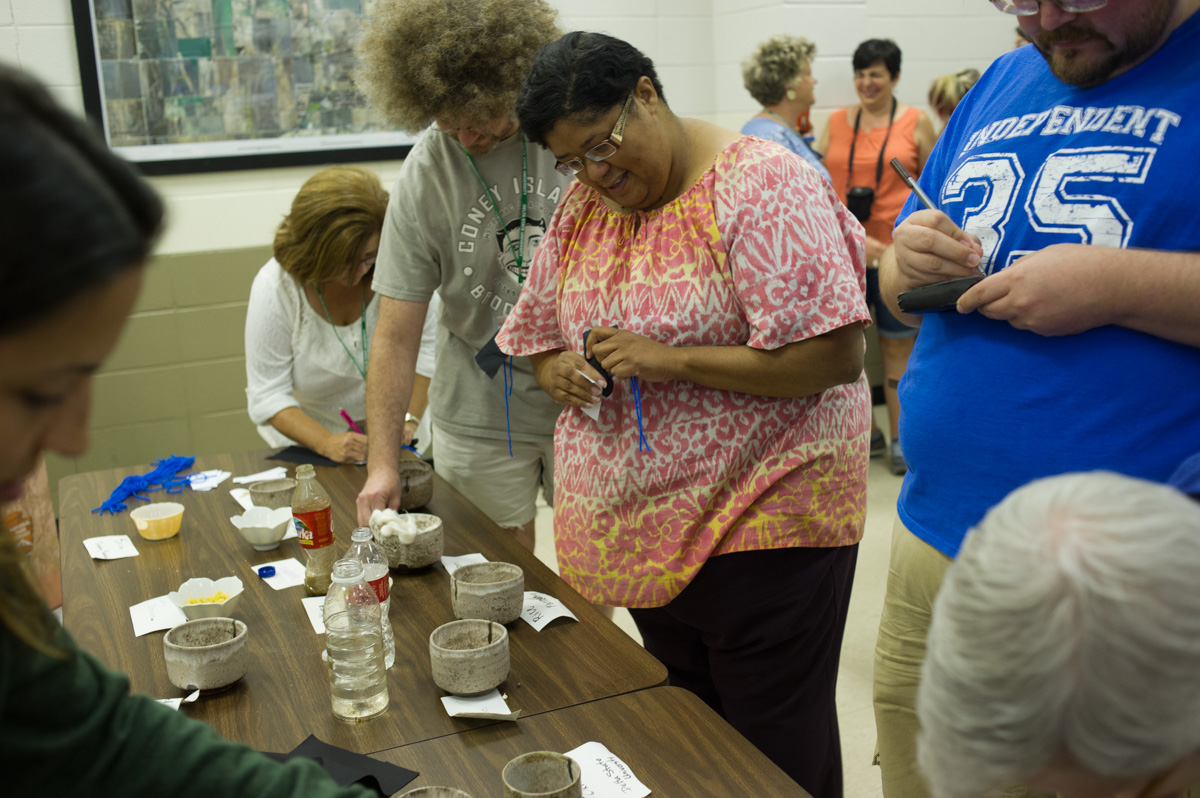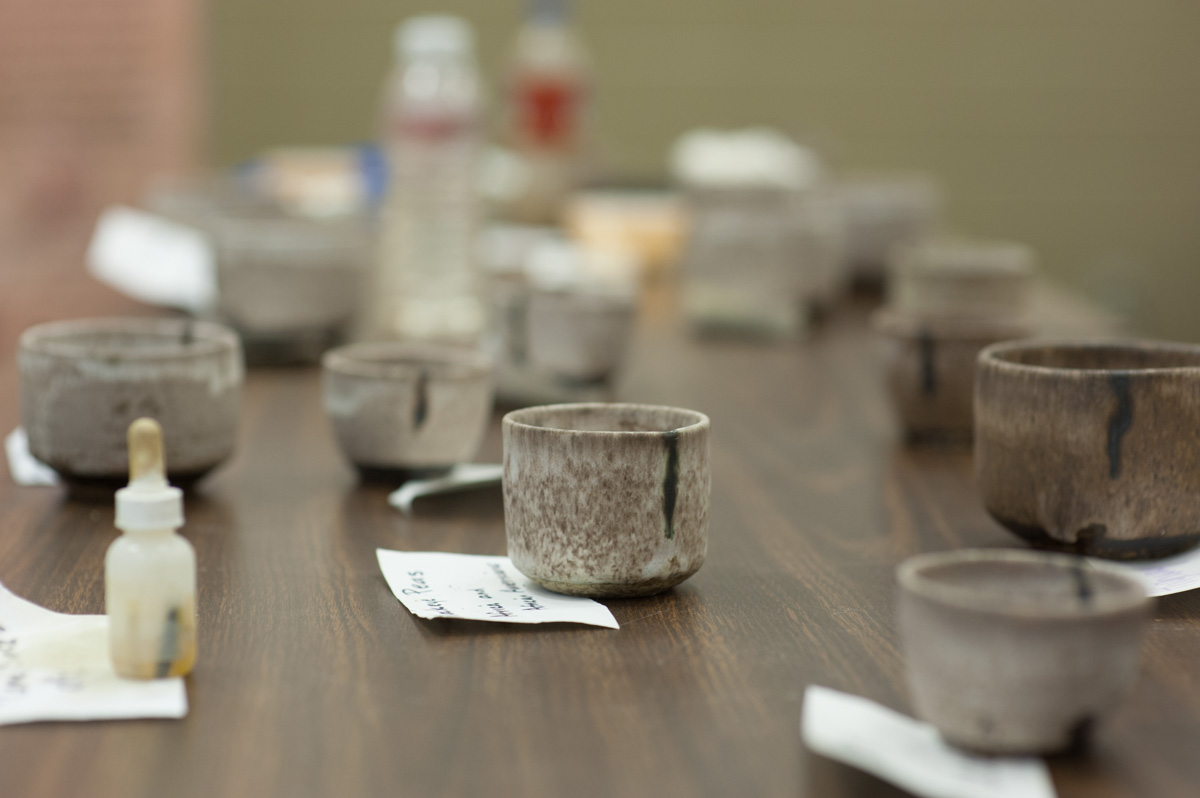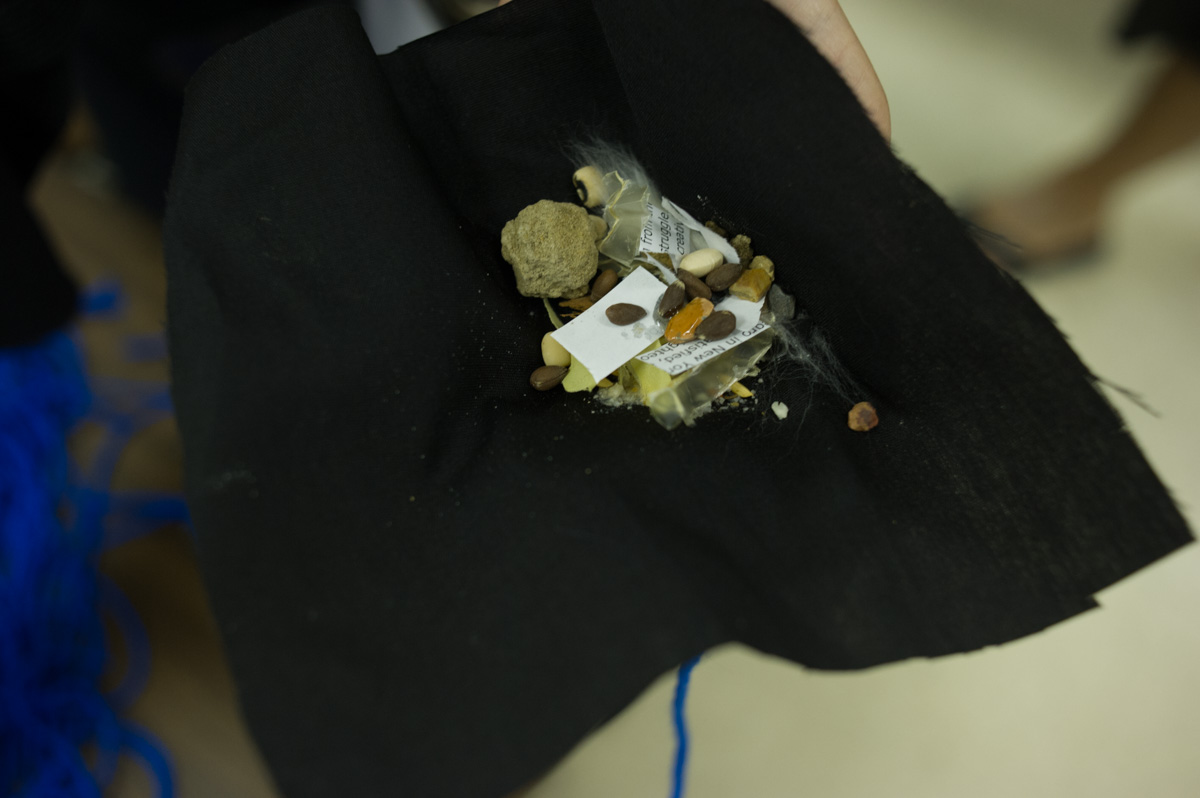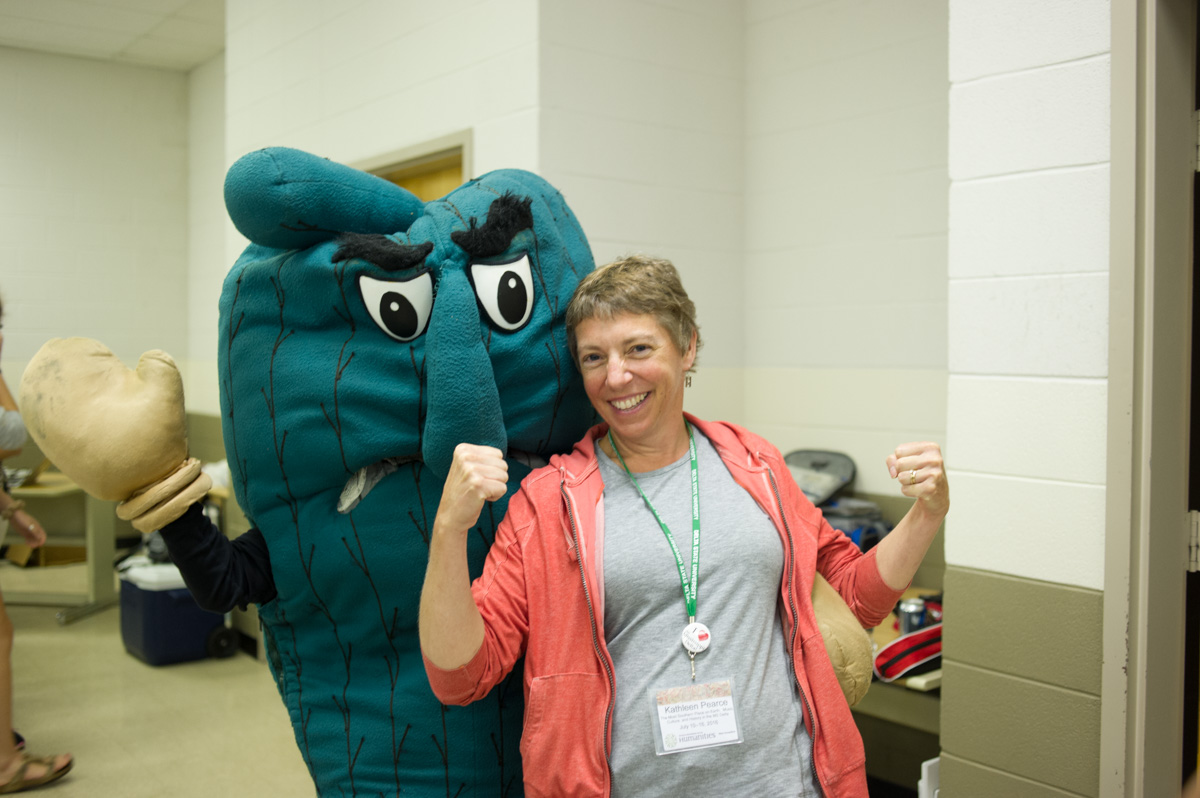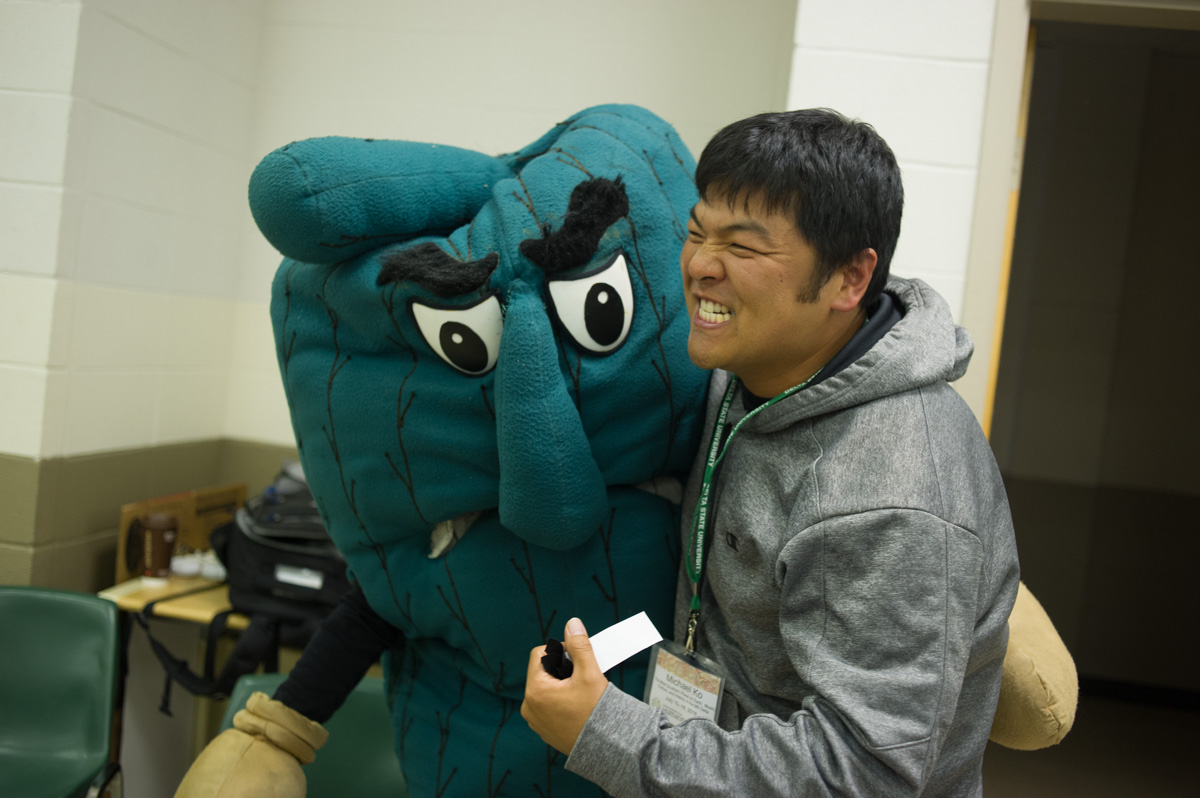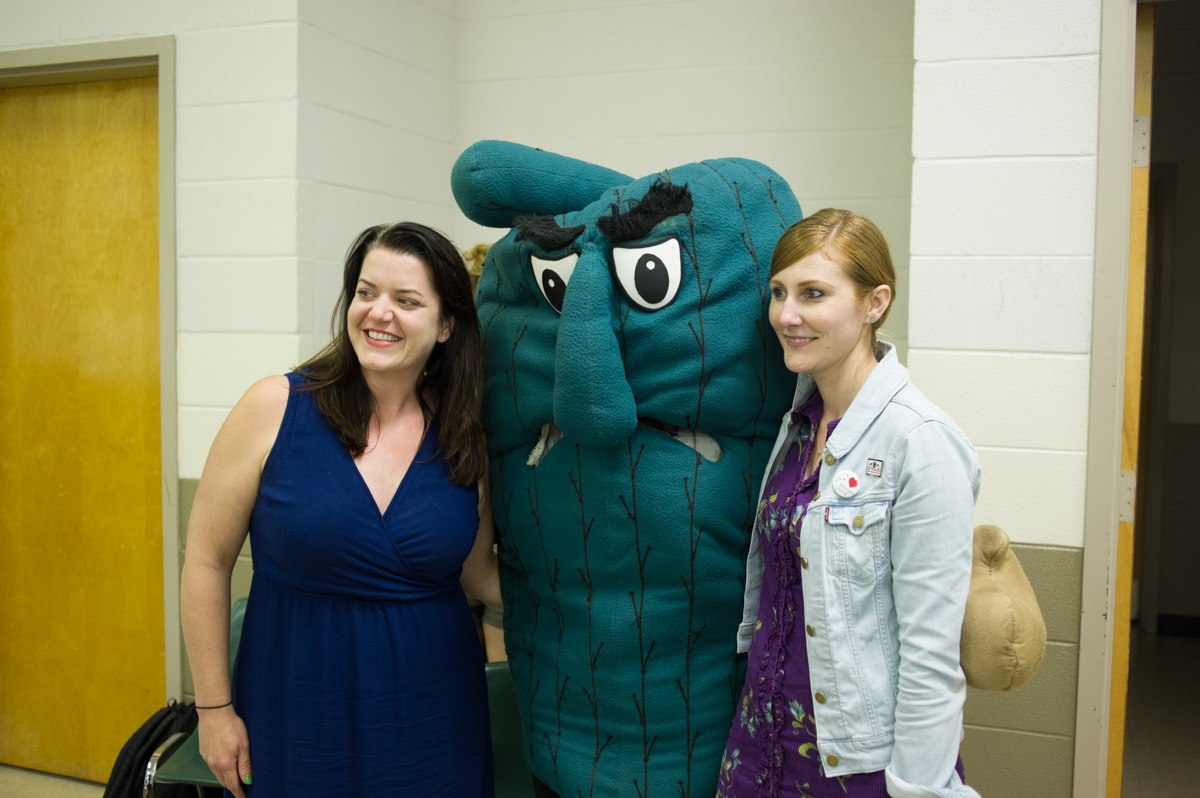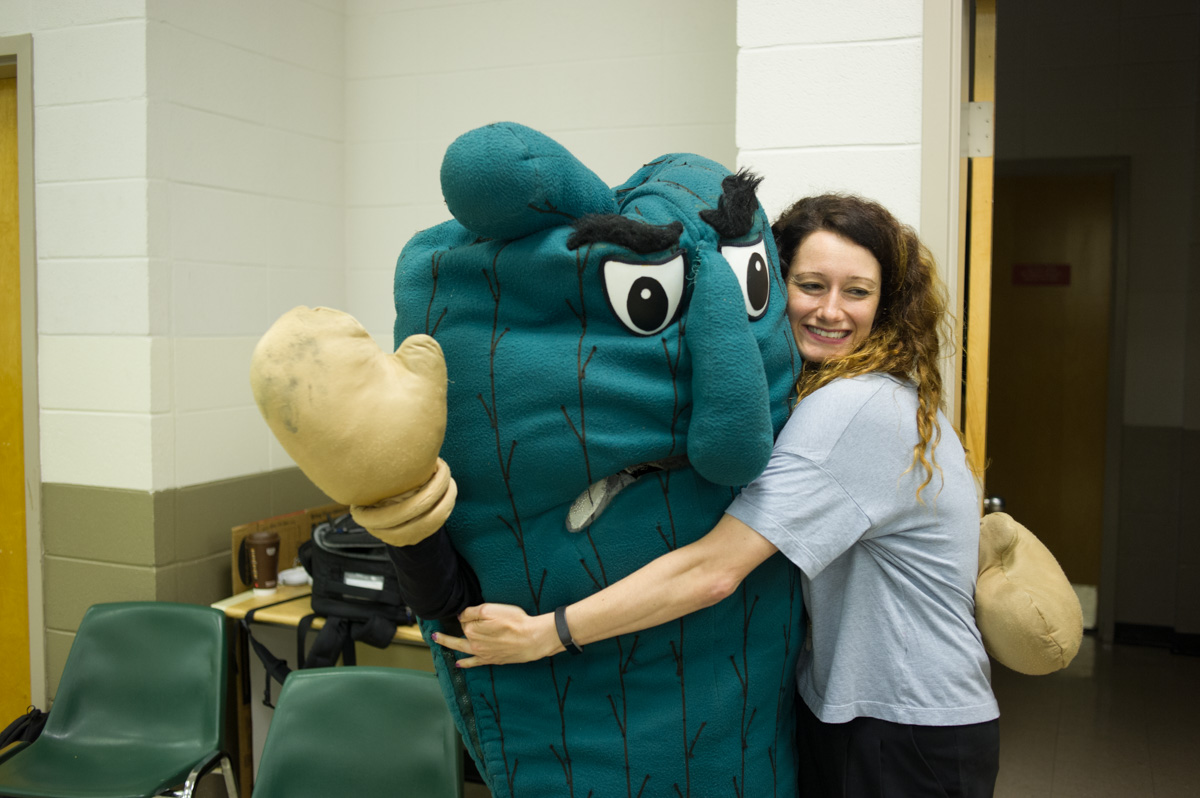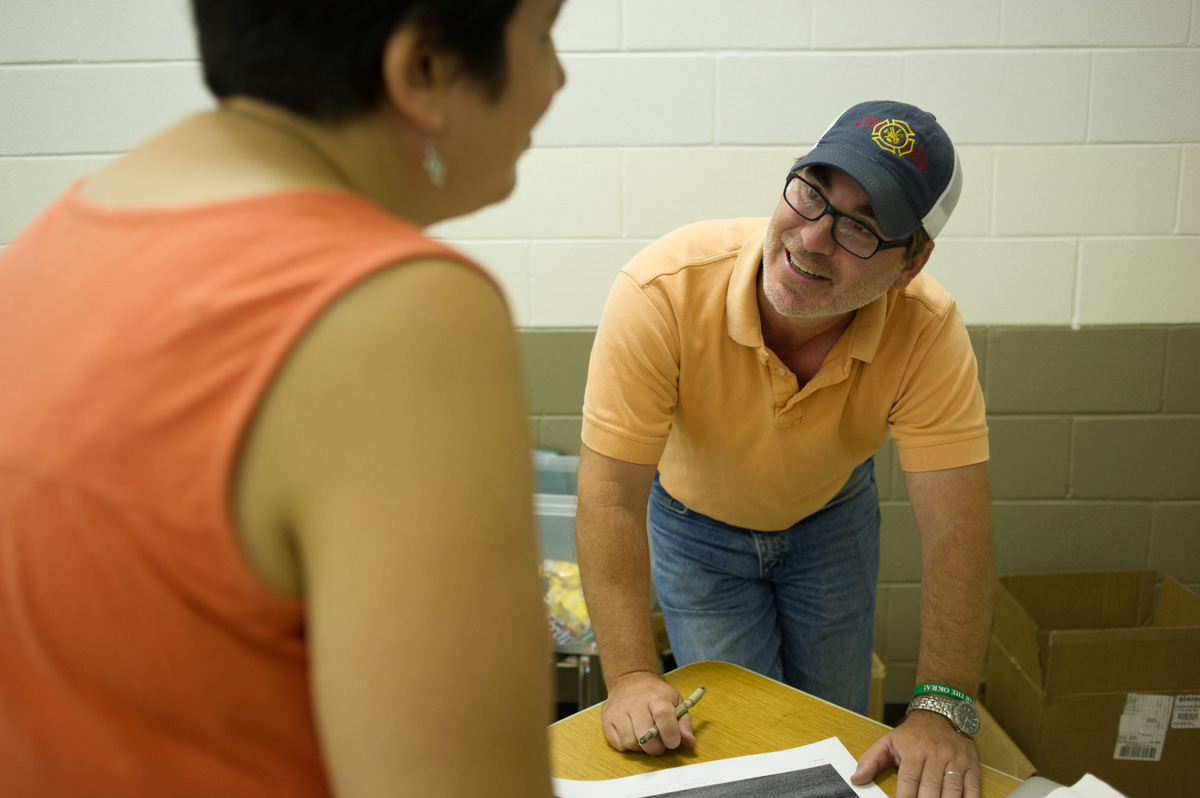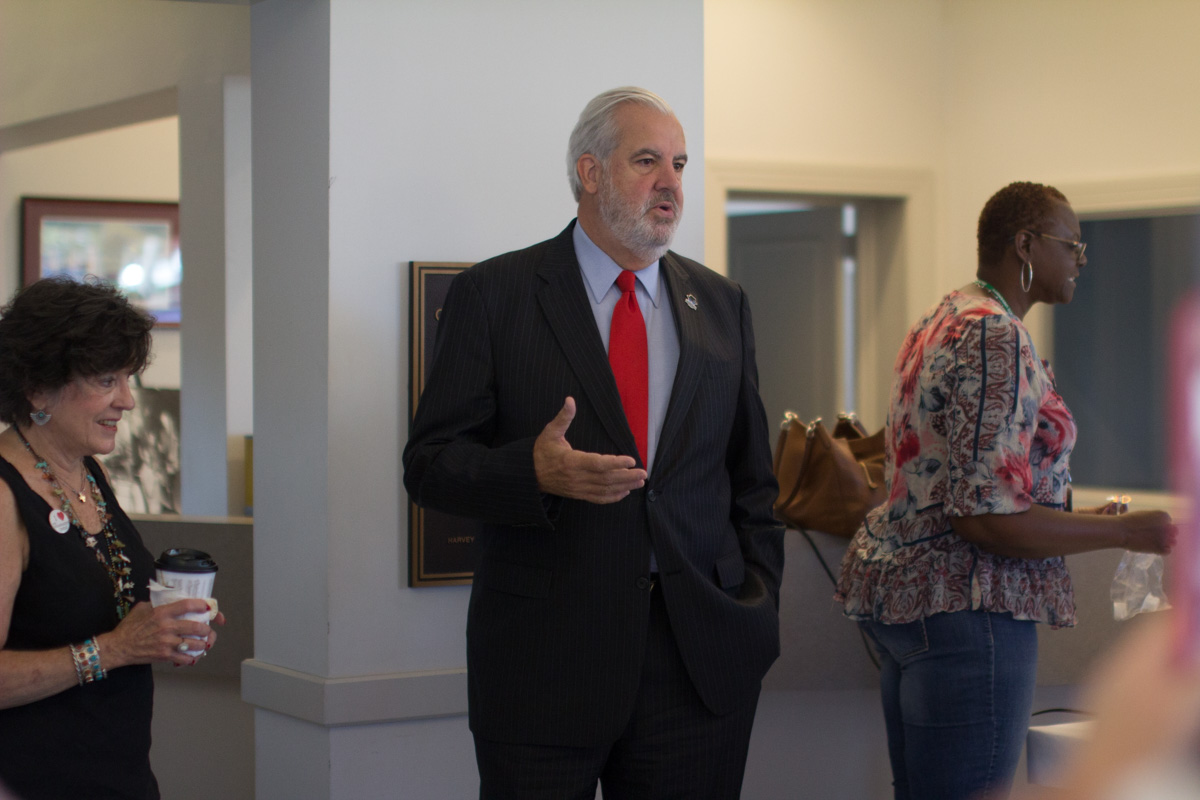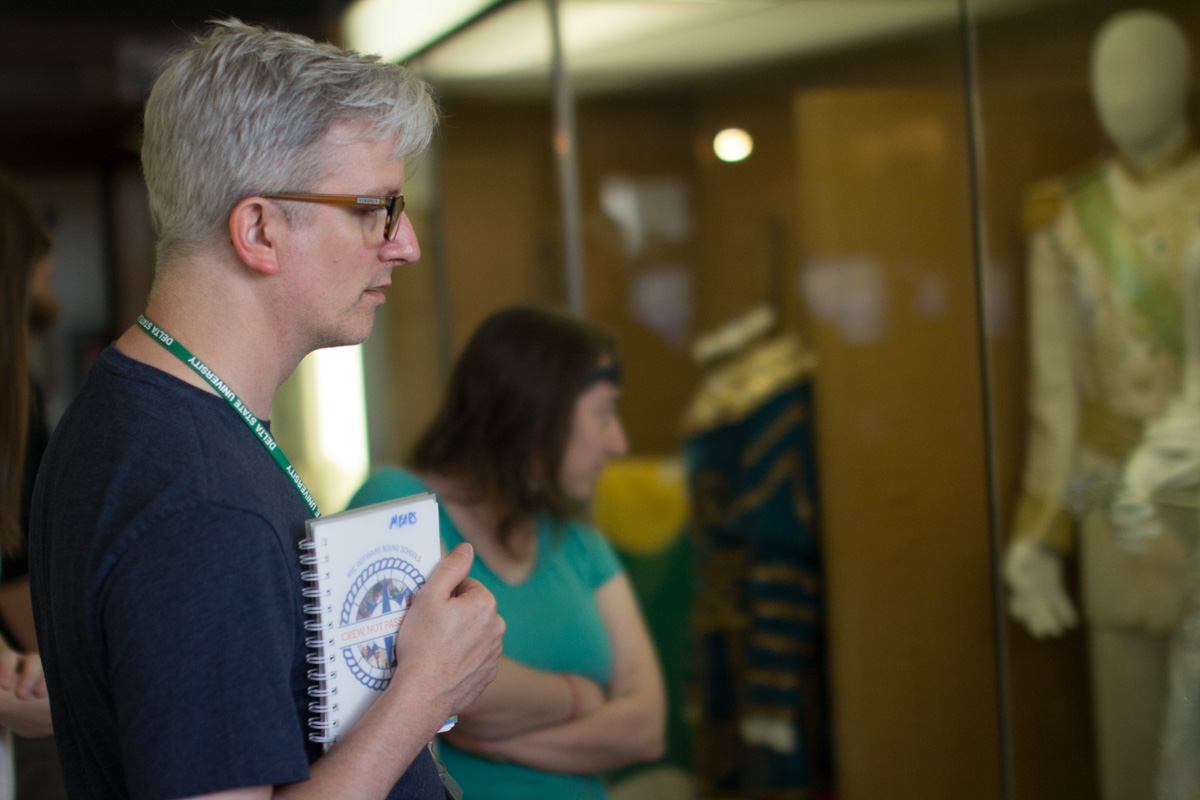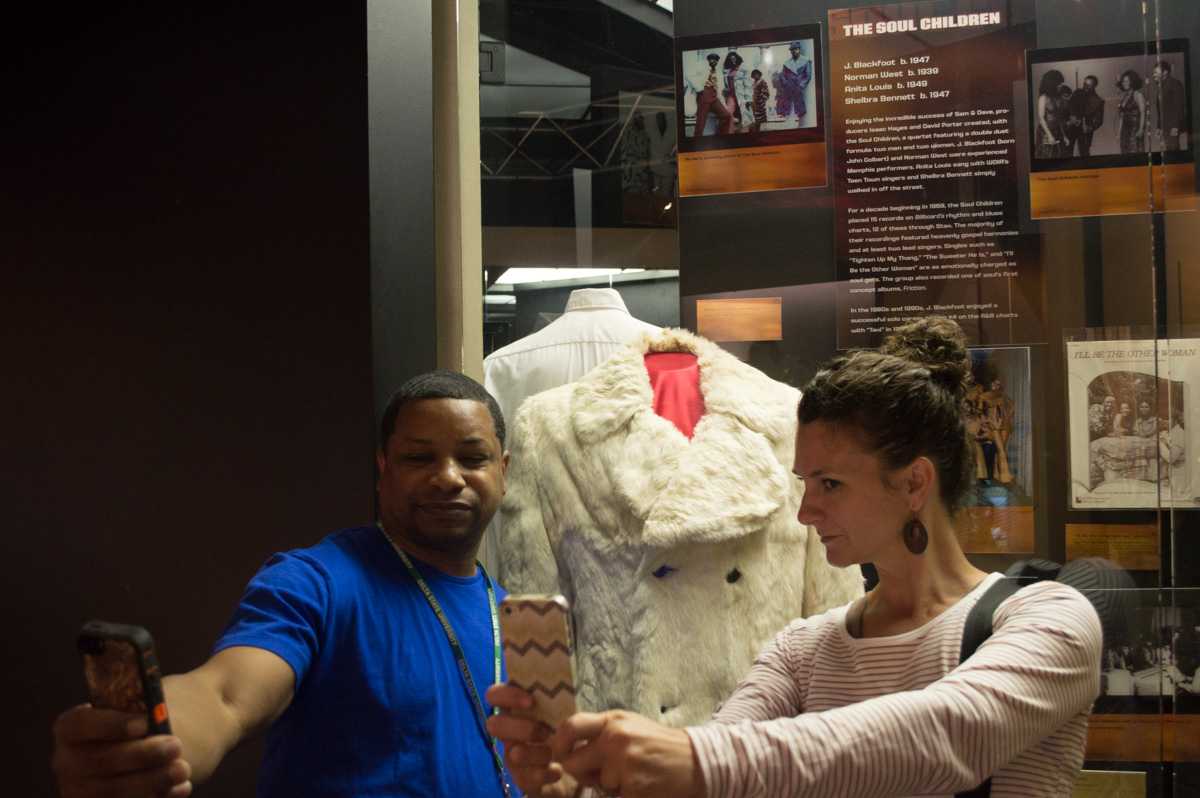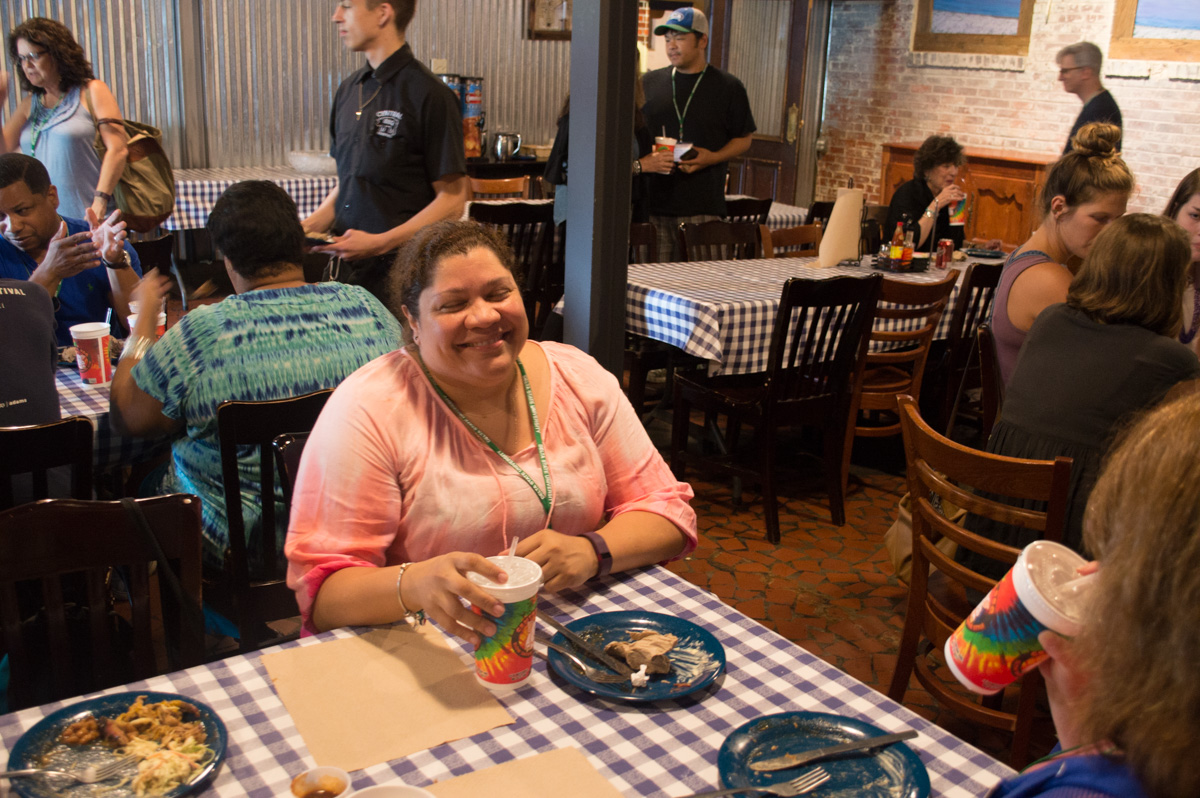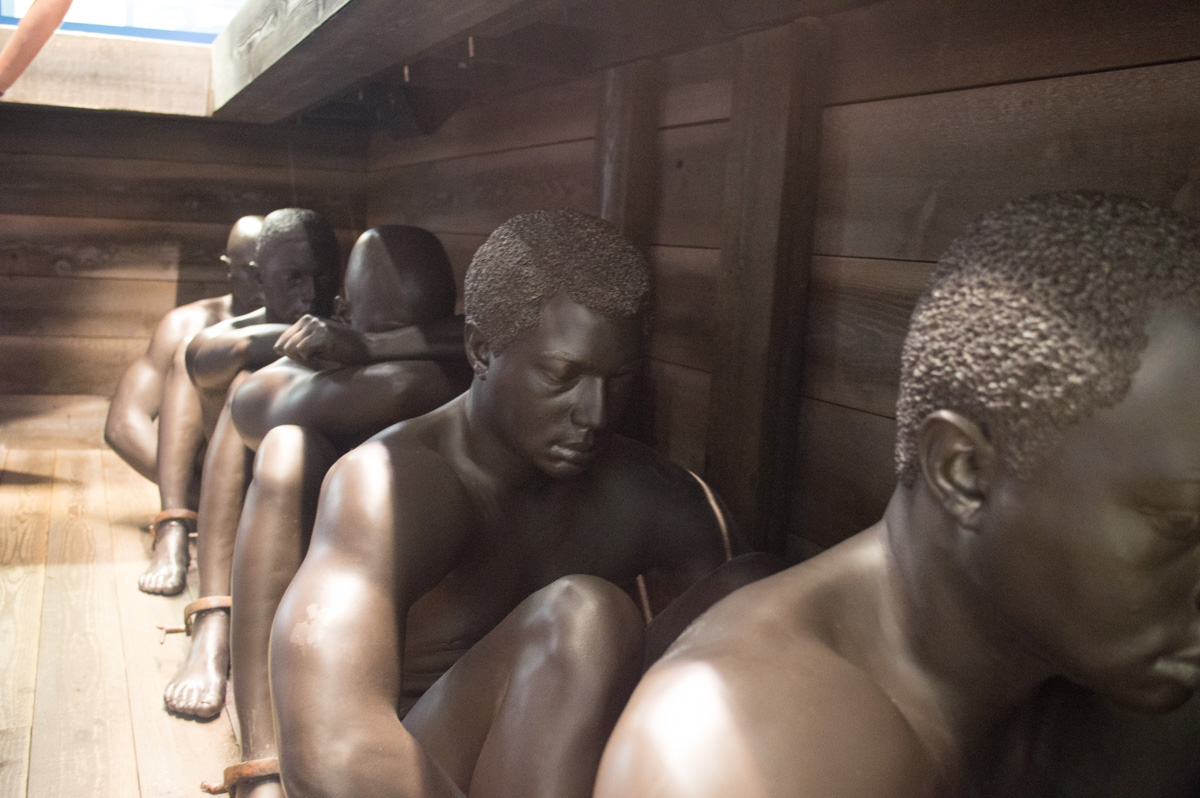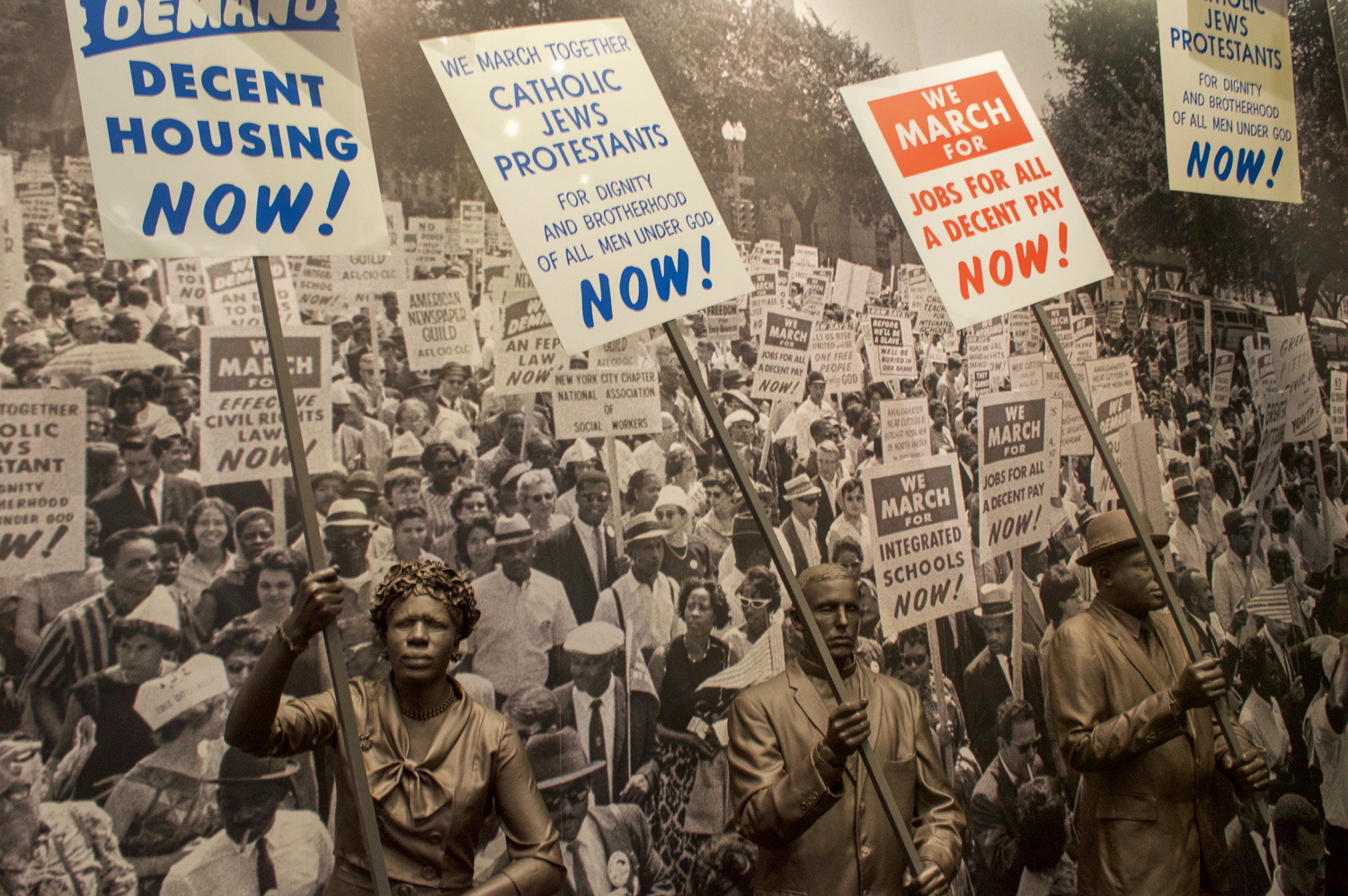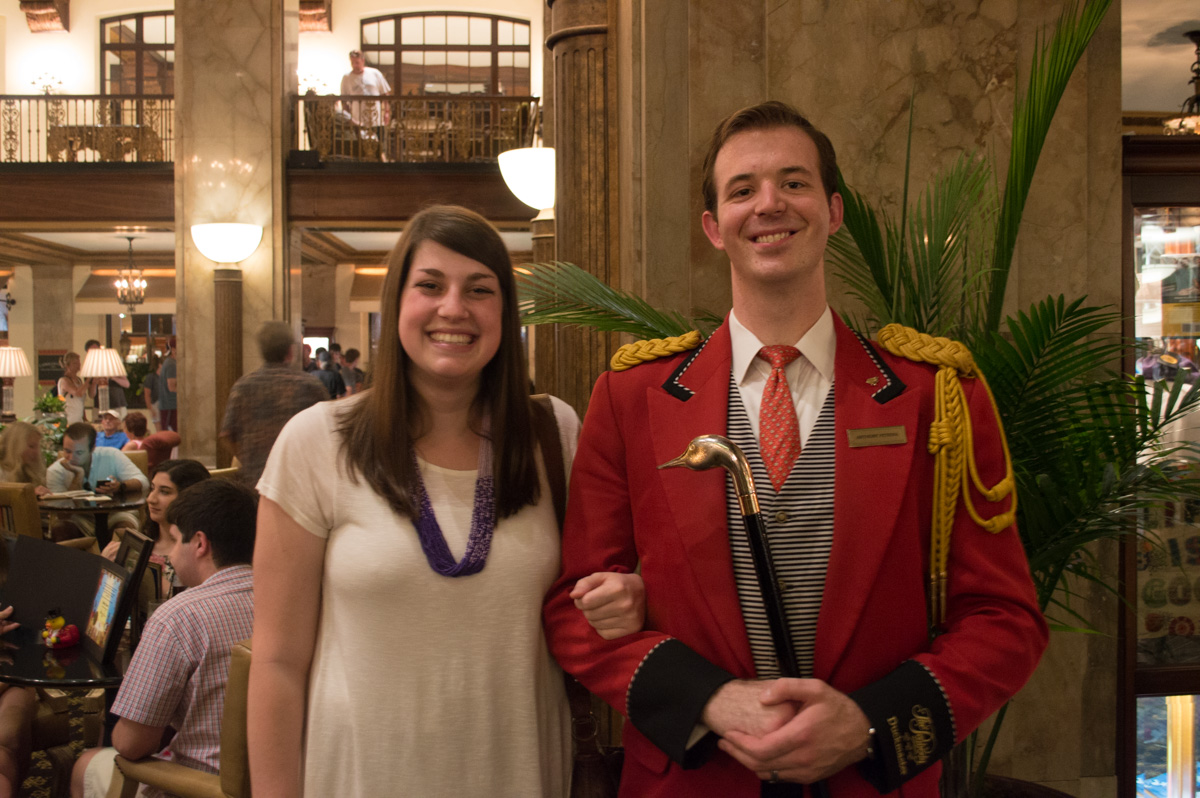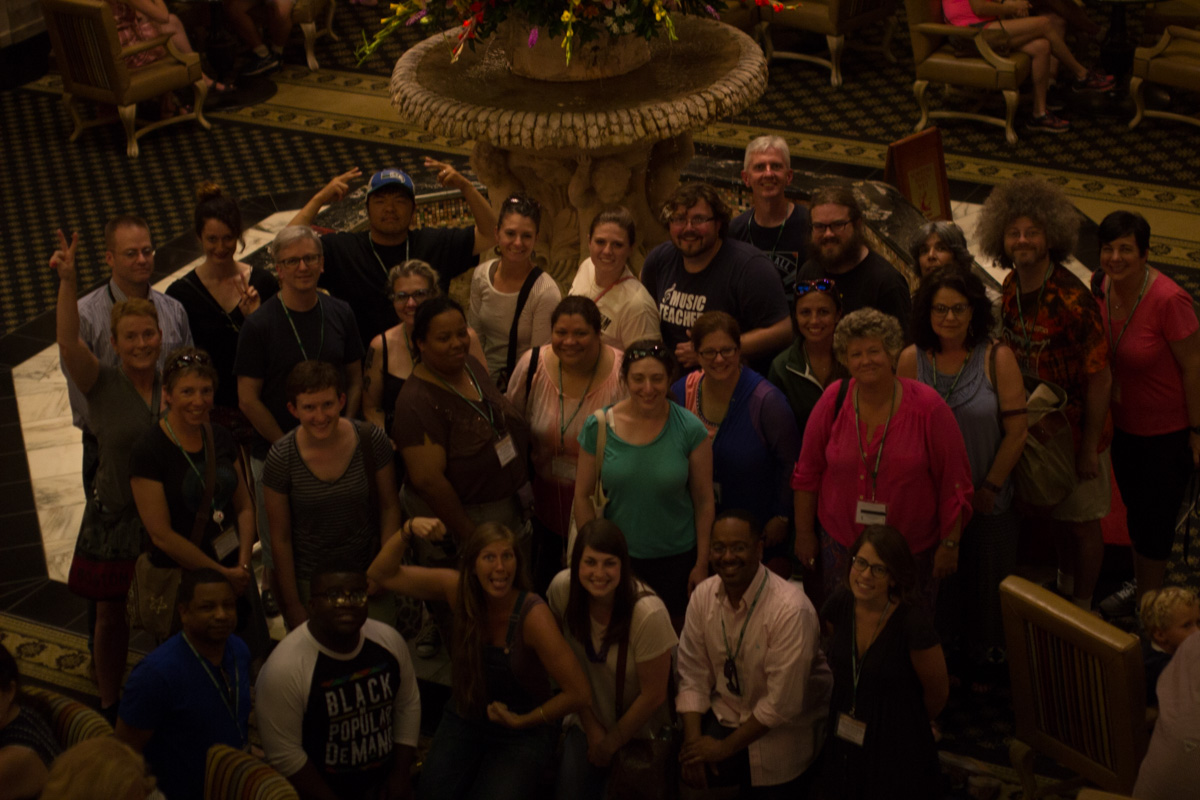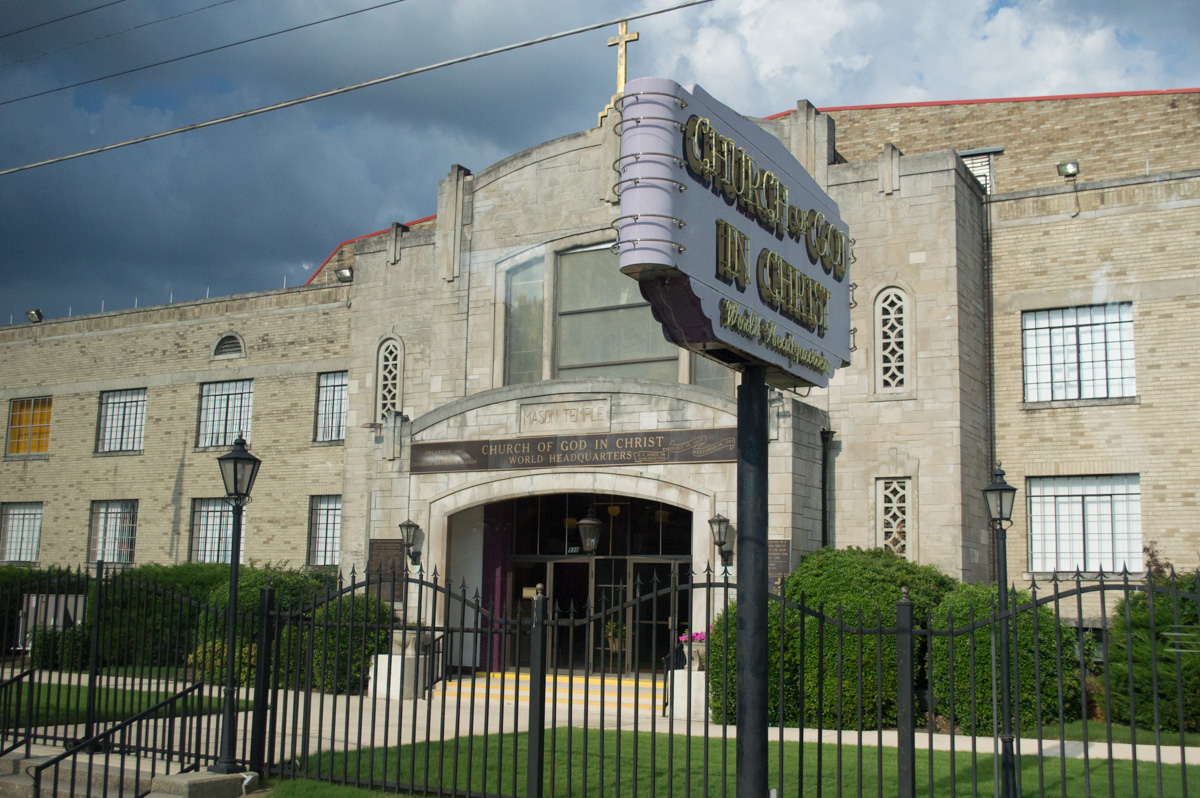Dr. Rolando Herts with Susie Surkamer, Executive Director of South Arts, and Malcolm White, Executive Director of the Mississippi Arts Commission, at "The Future of Arts and Creativity" convening in Washington, DC.
By special invitation, Dr. Rolando Herts, director of The Delta Center for Culture and Learning at Delta State, recently attended “In Pursuit of the Creative Life: The Future of Arts and Creativity in America.” The event was hosted by the National Endowment for the Arts and The John F. Kennedy Center for the Performing Arts in Washington, DC.
Over 200 artists, industry leaders, educators, scientists, and civic leaders from across the country attended the day-long convening at The Kennedy Center. Participants developed ideas and strategies to enhance America’s creative infrastructure for the future toward making the arts and creative opportunities more accessible to all Americans.
“This event provided opportunities for interdisciplinary idea exchanges in strategic issue areas like economics, technology, and cultivating creative talent,” said Herts. “Our discussions will enhance The Delta Center’s community-engaged programs like the International Delta Blues Project and the Mississippi Delta National Heritage Area that connect arts, culture, the creative economy, and people in our region.”
The convening featured keynote speaker Questlove, GRAMMY Award-winning founding member of The Roots and musical director for “The Tonight Show Starring Jimmy Fallon,” in a moderated discussion with National Public Radio media critic, Eric Deggans. Facilitated working group discussions were framed by expert panel sessions on how to help creative people and communities thrive now and in the future.
Support for the event was provided by the Ford Foundation, Heinz Endowments, The Henry Luce Foundation, McKnight Foundation, The Andrew W. Mellon Foundation, Emily Hall Tremaine Foundation, and Walton Family Foundation.
Travel supplements for invited entities like The Delta Center were provided by South Arts. South Arts is a nine-state regional arts organization based in Atlanta that provides grants, programs and services to artists and arts organizations in the southern United States.




